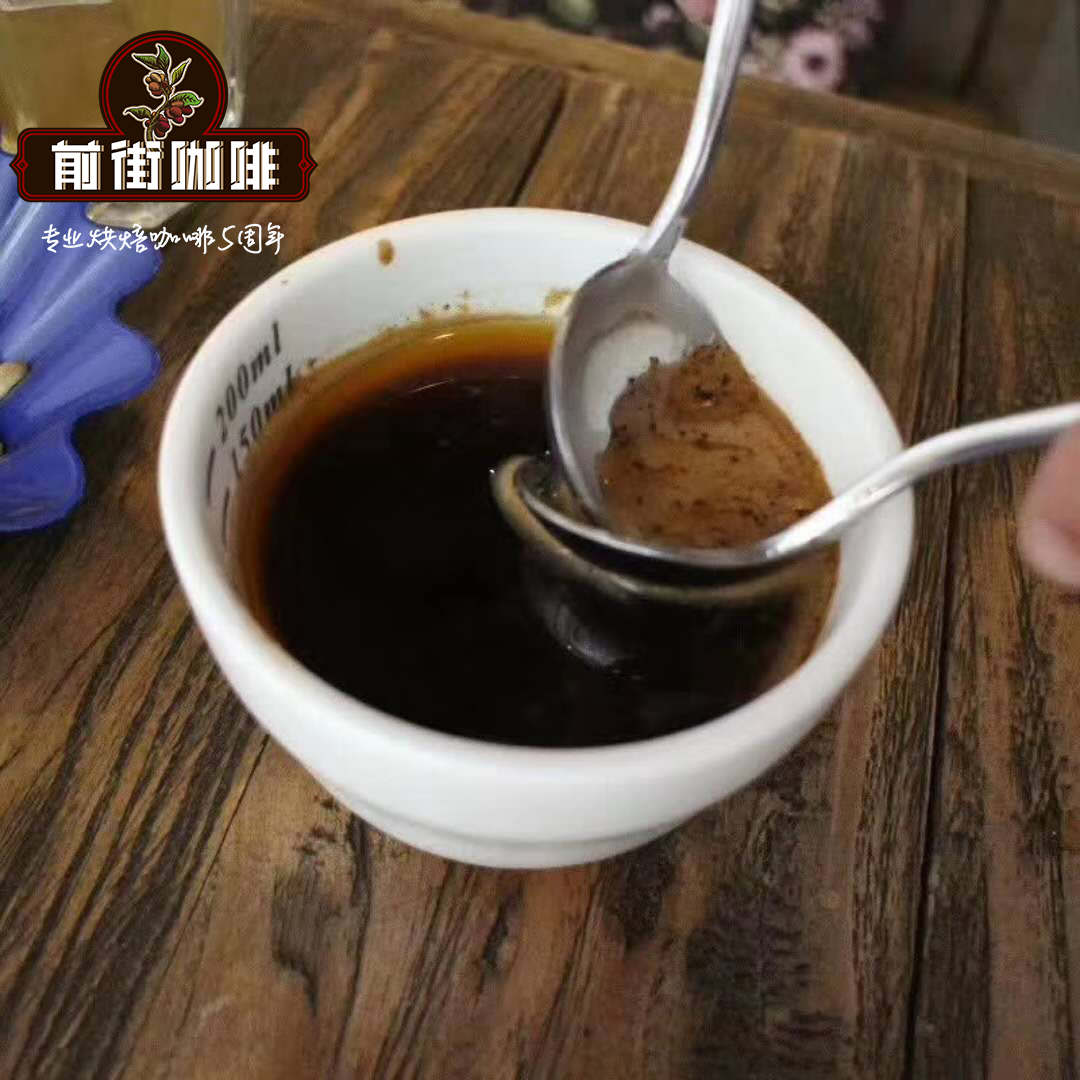Introduction of coffee producing area in Honduras Coffee flavor description of various producing areas in Honduras

Coffee grown in Honduras bordering Nicaragua, El Salvador and Guatemala is usually rich, soft and sweet. Historically, most of the coffee grown in Honduras is little known and is often used as the basis for coffee mixtures, but in recent years, it has become a force in coffee reviews and is often sought after.
Growth altitude: 1100-1650 m
Variety: bourbon, Kaddura, Iron pickup, Kaduai, Pacas (Pacas)
Harvest time: November-April
Treatment process: washing, patio drying
Aroma: vanilla, hazelnut
Taste: chocolate, nuts
Main body: round, medium
Acidity: soft and balanced
Due to lack of infrastructure, Honduran coffee is usually sent to neighboring Guatemala to earn higher prices. With government investment in education and processing technology, as well as the construction of infrastructure such as roads and government projects, Honduran coffee has gained worldwide recognition in just a few years.
Honduran Coffee grading system
Honduran coffee is usually washed, graded according to the altitude at which it grows, and divided into three categories.
Ultra-high altitude (above 1350 meters above sea level)
High altitude (1200-1350 m above sea level)
Medium standard (below 1200 m)
The best Honduran coffee
Honduran coffee has a soft taste, nutty taste, bright and vibrant taste, so it is difficult to distinguish in mixed coffee. Usually, brands use them as their own single-origin coffee. The best Honduran coffee will be a strict growth grade, high altitude makes coffee grow slowly, increases the absorption of minerals and nutrients, and develops a richer, more powerful coffee flavor.
Coffee area of Honduras
There is the Caribbean Sea in the north and the Pacific Ocean in the south, and most coffee-growing areas are near the middle because of the mountains. Honduran coffee is mainly grown in the west of the country, bordering Guatemala and El Salvador. Since it is still a fairly emerging market, not many regions are recognized, and most coffee is simply sold from the Honduran label. Some of the more noteworthy areas include:
Coffee from Copan is famous for its chocolate taste and balanced taste, while coffee from Opalca is well balanced, with more fruity aromas (grapes, berries) and moderate acidity.
Montesilos coffee is rated as having a sweet, fruity aroma that matches lively acidity and orange + peach flavors.
Komayagua is similar to those from Montesillus with vibrant acidity and sweet + lemon flavors that match the aroma.
Coffee from Agarta has tropical fruit and caramel flavors and a sweet aftertaste with chocolate aromas.
From El Paleso provides a balance of sweet / citrus flavors and aromas, accompanied by a soft body and good acidity.
The history of coffee in Honduras
It is reported that the earliest plantations in Honduras date back to the early 19th century, when they were shipped from the Caribbean. It was introduced under Spanish ownership at that time, but it really began to develop after it gained independence. It is second only to banana exports, which were owned and promoted by large American companies throughout the 20th century. In early 2000, the coffee industry finally developed and was regarded as the main cash crop like bananas.
Coffee farms are owned and operated by people, but there are a large number of independent farms. According to recent estimates, there are about 110000 farmers in China, more than 90 per cent of whom are small farmers. These farms provide about 1 million jobs during the coffee harvest and processing season (November to March). The organization governing the coffee industry in Honduras is Hondureno del Cafe (IHCAFE).
Important Notice :
前街咖啡 FrontStreet Coffee has moved to new addredd:
FrontStreet Coffee Address: 315,Donghua East Road,GuangZhou
Tel:020 38364473
- Prev

Introduction to Java long Bean Flavor of Happiness Manor in Nicaragua | what kind of coffee is Java long bean?
Nicaraguan Blessing Manor Java long Bean name: blessing Manor Java long Bean country: Nicaraguan production area: new Sagovia Manor: blessing Manor altitude: 1500m Variety: Java treatment: washing and baking: medium shallow flavor: sweet-scented osmanthus, red berries, citrus, vanilla, cocoa, malt, pepper. Sensory description dried incense will have strong vanilla at first
- Next

El Salvador Warrior Manor washing Bourbon Flavor characteristics introduction to the story of Warrior Manor
San Carlos Shg Warriors Manor is a tropical rain forest certified manor (Rainforest Alliance Certificated) located in Canton Potrero Grande Arriba, El Salvador. The estate is very close to the top of the Santa Ana Santa Ana volcano. The estate is owned by Mr.San Carlos, a famous doctor. He tried to fix it differently.
Related
- Detailed explanation of Jadeite planting Land in Panamanian Jadeite Manor introduction to the grading system of Jadeite competitive bidding, Red bid, Green bid and Rose Summer
- Story of Coffee planting in Brenka region of Costa Rica Stonehenge Manor anaerobic heavy honey treatment of flavor mouth
- What's on the barrel of Blue Mountain Coffee beans?
- Can American coffee also pull flowers? How to use hot American style to pull out a good-looking pattern?
- Can you make a cold extract with coffee beans? What is the right proportion for cold-extracted coffee formula?
- Indonesian PWN Gold Mandrine Coffee Origin Features Flavor How to Chong? Mandolin coffee is American.
- A brief introduction to the flavor characteristics of Brazilian yellow bourbon coffee beans
- What is the effect of different water quality on the flavor of cold-extracted coffee? What kind of water is best for brewing coffee?
- Why do you think of Rose Summer whenever you mention Panamanian coffee?
- Introduction to the characteristics of authentic blue mountain coffee bean producing areas? What is the CIB Coffee Authority in Jamaica?

